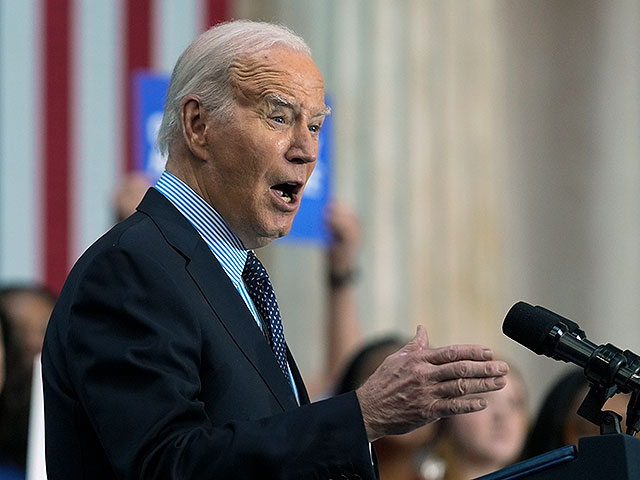In the future, Israeli Prime Minister plans to have small-scale “ad hoc consultations” for important decisions related to the war effort. He aims to reduce the influence of his right-wing extremist coalition partners by dissolving the war cabinet. The committee had been in place for eight months and made crucial decisions since the Hamas attack on October 7, but it had not been particularly effective in recent times.
The establishment of the war cabinet was a key condition for Benny Gantz to join the unity government and support Netanyahu as his political rival last October. He insisted that decision-making should occur in a small forum rather than the expanded security cabinet with up to fifty members. However, Gantz’s resignation from the war cabinet on June 9 caused the unity government to collapse, leading to the reinstatement of the right-wing religious coalition on December 29, 2022.
For Netanyahu, the dissolution of the war cabinet is a strategic move to limit the influence of his extremist coalition partners, such as Minister for National Security Itamar Ben-Gvir. By dissolving the war cabinet, Netanyahu can avoid accommodating their demands and continue making decisions with Gallant on a smaller scale while keeping them away from decision-making power while maintaining their support to keep the coalition intact.
Moving forward, Netanyahu and Gallant will hold “ad hoc consultations” with relevant officials for important war-related decisions without a formal war cabinet structure. The decision-making process will remain largely unchanged, with key decisions presented to



